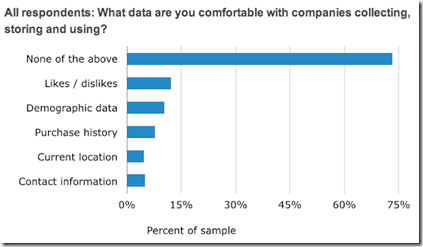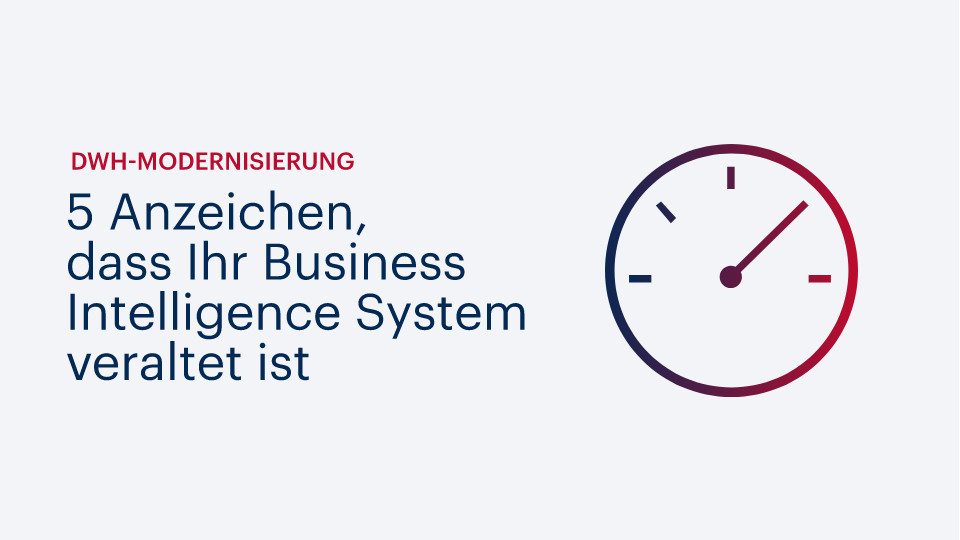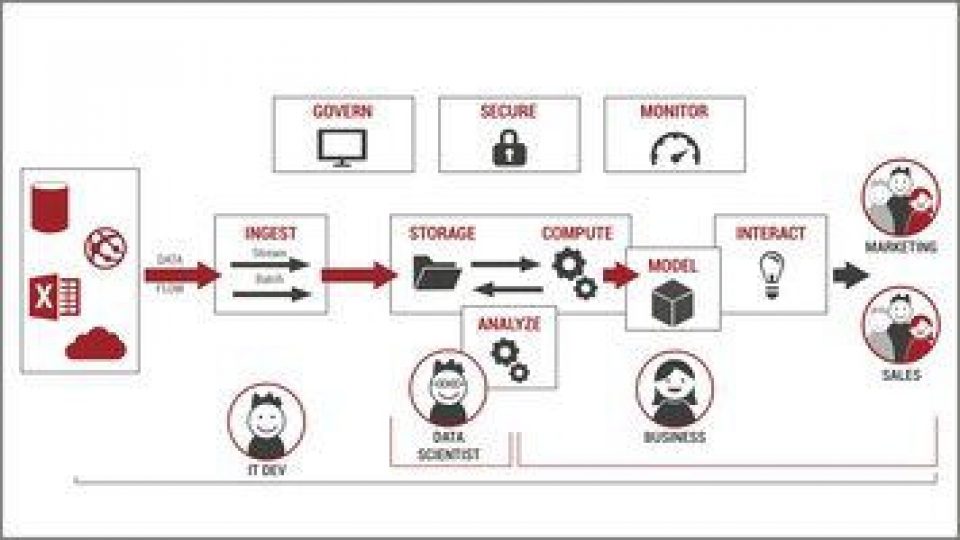In a recent survey, Abe Selig from Software Advice studied the perception of users about companies collecting their data. Obviously we’re currently in a dilemma here: On the one hand companies are gathering more and more data in order to be competitive. Where in the past marketing and promotions, for example were based upon “averaging” the customer needs (“our customers like to buy big cars”) we’ve now moved to more individualized and more targeted promotions and product recommendations. The better we can address our customer, the better the chances are for selling our product or for building up a long term customer relationship. And since customers have individual differences, companies need to address them individually. This requires knowledge (data) about the customers. The customers on the other hand are sensitive about their data being collected and because of the recent news about stolen passwords, hacking of major services (for example the recent Heartbleed bug in OpenSSL) and the NSA eavesdropping they might even be scared if someone collects their data. In order to gain a better picture of this situation, Software Advice
asked a random sample of 385 respondents in the US what they think about their data being collected.
„Our survey found that the majority of respondents were in favor of stronger laws and regulations governing the way companies use CRM or business intelligence platforms to collect data about their customers. Just as the experts who were interviewed in the piece explained, I think a lot of this stems from previous bad experiences people have had or bad experiences they’ve heard about.“
— Abe Selig, Business Intelligence researcher at Software Advice
The results are not much surprising, however they clearly show the dilemma mentioned above. About three quarters of the respondents assume or suspect companies to collect customer individual data. And if asked for more legal regulations, almost three quarters agree that there should be stronger laws and regulations in place to protect privacy.
And also not surprising, younger people (age 25-35) tend to be more open about their data being collected than older people (55-64). But in general, asking for the kind of collected information the respondents would be comfortable with, shows that this will continue to be a very controversial topic in the future. While gathering data about the current location would only be acceptable for about 5% of the respondents, even likes/dislike would only be accepted by about 12%.

„The numbers show there’s a clear split between businesses, which want to collect customer data and leverage it, and their customers, who are deeply concerned about their privacy. But I also think that transparency is key here, and our survey backs that up too. We found that if companies are more upfront and open about how and why they use customer data, the fear factor is greatly diminished.“
— Abe Selig, Business Intelligence researcher at Software Advice
However, the survey also clearly shows what can be done to prevent customers from being scared off: Customers would feel a lot less bothered about their data being collected if they are informed about the data that is collected and why it is collected. If companies inform customers about the collected data and if they use it only to improve the customer’s overall shopping experience, acceptability could be improved. Most people I know like the recommendation function in modern web shops while it feels a little bit strange to see the product you’ve just searched for in a web shop on a totally different site’s advertising. How do they know I’ve searched for this product? So, transparency is important and the customers’ benefit has to be clearly noticeable.
You can find the complete survey here: http://plotting-success.softwareadvice.com/collect-data-without-scaring-customers-0614/







Kommentare (0)